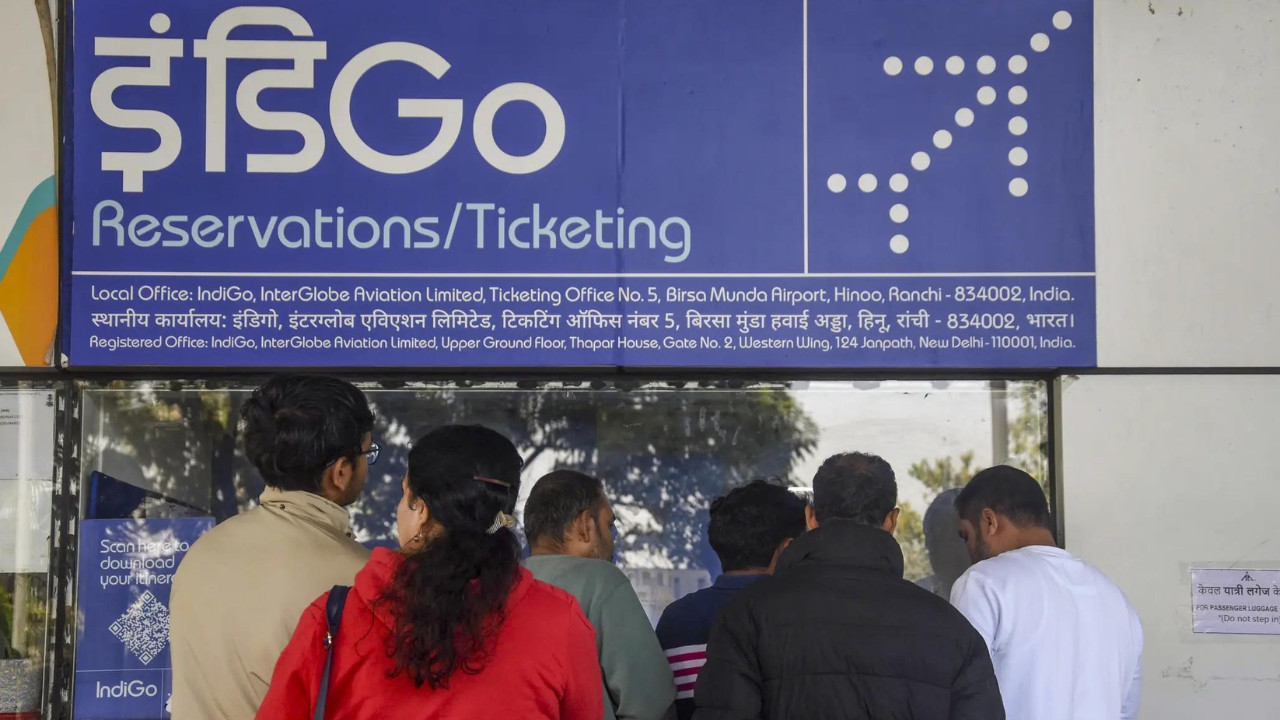Reserve Bank of India reports that the Indian economy grows steadily. It remains a key global growth driver. This is due to strong economic principles and careful planning. The financial system is stable. Banks and financial firms are healthy. The central bank highlights global uncertainties. These include geopolitical issues and trade problems. These pose risks to India’s financial stability.
Riding the Wave: How Resilient is India’s Financial System?
The global economy feels a bit like navigating a stormy sea these days. Between geopolitical tensions, fluctuating commodity prices, and the ever-present specter of inflation, keeping a steady course is proving to be a challenge for everyone. But how is India weathering this turbulent climate? The Reserve Bank of India (RBI) recently offered some encouraging insights in its latest Financial Stability Report (FSR), painting a picture of an economy that’s not just afloat, but actively growing.
India’s Economic Growth: A Beacon of Stability
While many nations grapple with recession fears, the FSR highlights that the Indian economy continues to expand at a healthy clip. This growth, fueled by robust domestic demand and strategic government policies, is providing a crucial buffer against global headwinds. Think of it as a strong engine powering a ship through choppy waters. This isn’t to say we’re immune to the storm, but it does suggest we’re better equipped to handle it.
The report emphasizes that the financial system, the very backbone of our economic activity, is showing remarkable resilience. This is no small feat, considering the interconnectedness of global markets and the potential for shocks to reverberate across borders.
Navigating Global Headwinds: A Financial Fortress
So, what’s contributing to this resilience? Several factors are at play. One key aspect is the improved asset quality of banks. Non-Performing Assets (NPAs), those troublesome loans that weigh down balance sheets, have been steadily declining. This reflects better risk management practices by banks and a more disciplined approach to lending. A healthier banking sector means a stronger foundation for future growth.

Furthermore, capital adequacy ratios of Indian banks remain comfortably above regulatory requirements. This means banks have a sufficient cushion to absorb potential losses, providing a critical safety net in times of stress. In essence, our financial institutions are well-capitalized and prepared for unexpected challenges.
The FSR also points to the proactive measures taken by the RBI to strengthen the regulatory and supervisory framework. These measures are designed to identify and mitigate potential risks before they escalate into systemic problems. It’s like having a sophisticated early warning system that allows us to adjust course and avoid potential icebergs.
Future Challenges and Opportunities
Of course, the report also acknowledges the challenges that lie ahead. Inflation, although moderating, remains a concern. The global economic slowdown could dampen export demand, and geopolitical uncertainties continue to cast a shadow. It is crucial to continue monitoring these risks closely and to be prepared to take swift action if needed.
However, amidst these challenges lie significant opportunities. India’s growing digital economy, coupled with a young and dynamic workforce, offers immense potential for innovation and growth. By fostering a supportive ecosystem for entrepreneurship and innovation, India can further strengthen its economic resilience and create new avenues for prosperity.
For instance, initiatives like the expansion of digital payment infrastructure through UPI are transforming the way businesses operate and consumers transact, creating a more efficient and inclusive financial system. Read more about the impact of UPI on the Indian economy.
The Path Forward: Staying Agile and Adaptive
India’s financial system is proving its mettle in the face of global adversity. The combination of strong economic growth, improved asset quality of banks, and proactive regulatory measures is creating a foundation of resilience. However, the journey is far from over. Continued vigilance, a commitment to sound financial management, and a willingness to adapt to changing circumstances will be crucial for navigating the uncertain waters ahead. By staying agile and adaptive, India can not only weather the storm but also emerge stronger and more prosperous on the other side.







